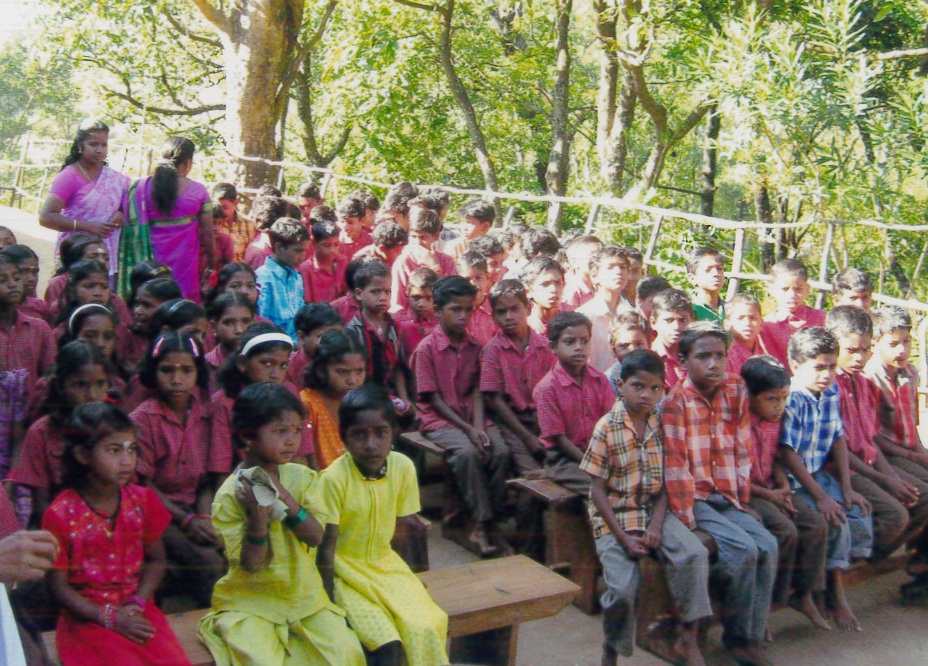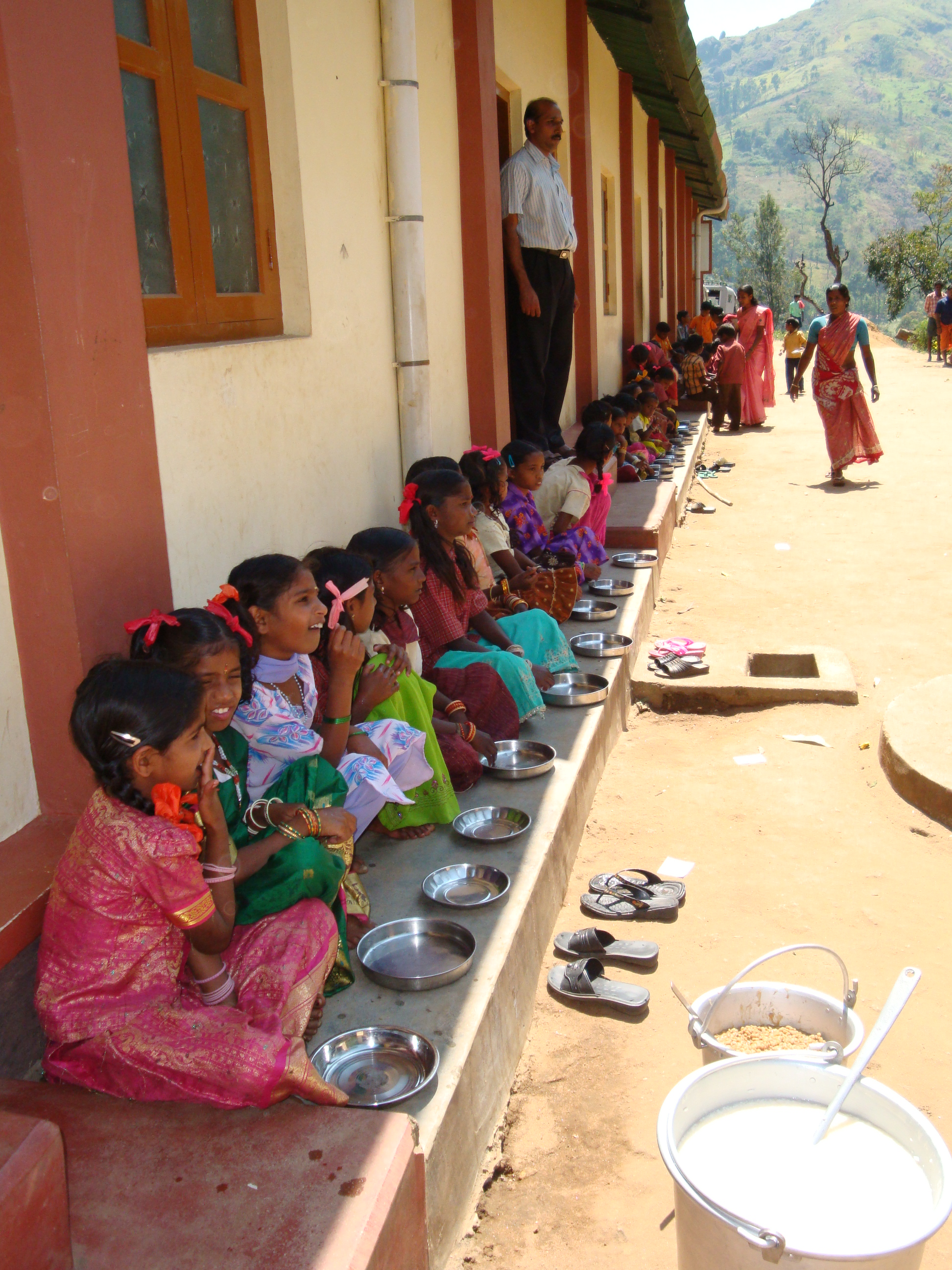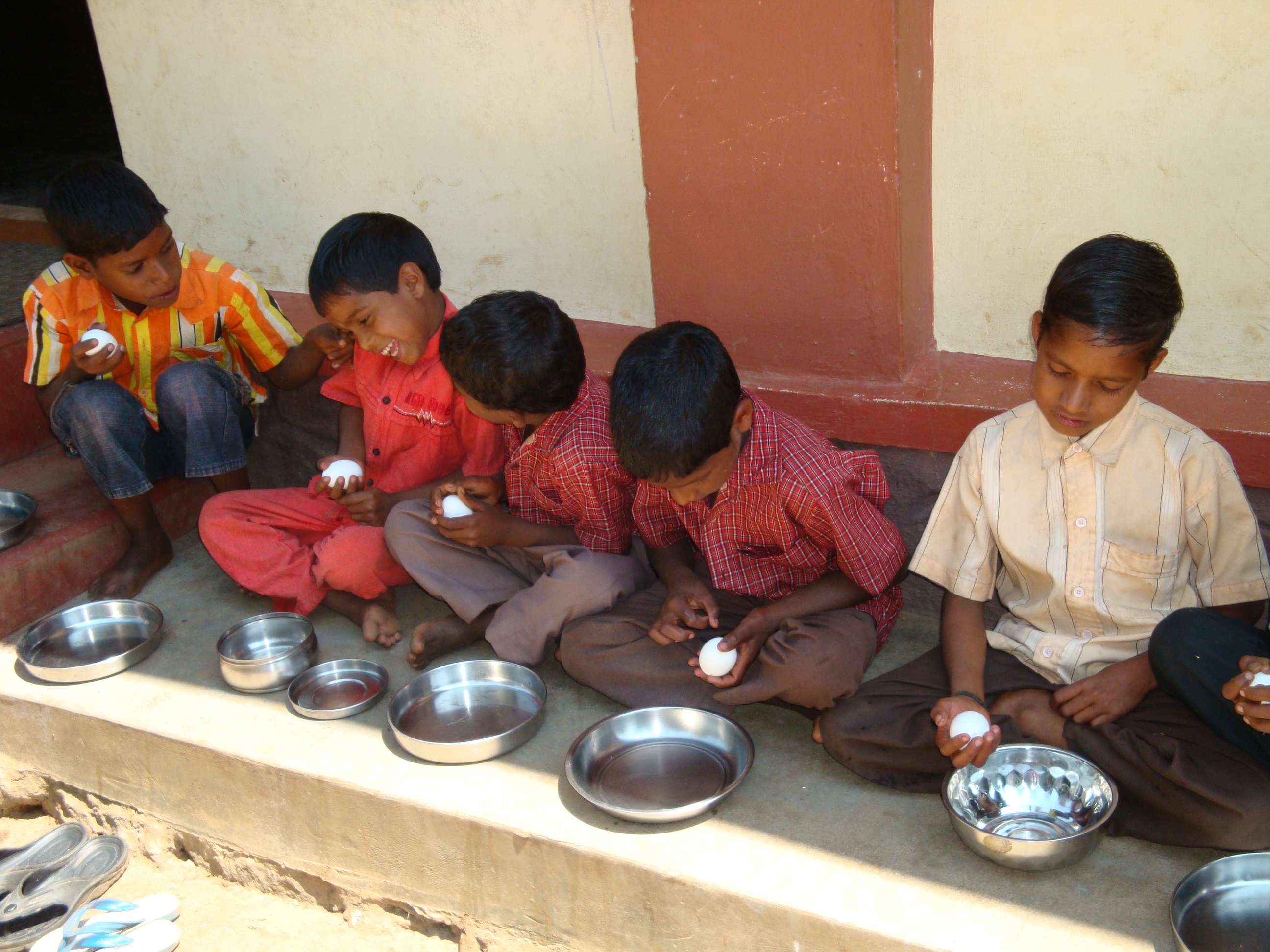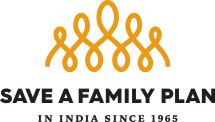
Indigenous people are among the most vulnerable and marginalized groups in India, facing disproportionately high levels of poverty, illiteracy, and poor health. These communities, referred to by the government as “Scheduled Tribes”, make up more than 8% of the country’s 1.2 billion inhabitants. Many have little contact with the outside world and continue to survive through hunting and gathering or farming with rudimentary agriculture techniques. It is estimated that more than half of these people live below the national poverty line.
As we work to combat poverty in India, special assistance must be provided to tribal communities to help them address their many needs in a way that respects their unique history and way of life. The Kothamangalam Social Service Society and the Highrange Development Society in Idukki have been working with tribal communities in the area of Marayoor, Kerala for nearly two decades. Prior to this, the communities had no interaction with the outside world and at first, they were cautious to have contact with people from the outside. Over time, staff members were able to establish a trusting relationship with the communities and were eventually welcomed in the tribal settlements. These staff members discovered a people with a nomadic culture, their own dialect, unique cultural arts and traditions, and a custom of nature worship. They also found high rates of infant mortality, insecure temporary shelters, many cases of early marriages, and extreme poverty.
The staff began to work with the community to illustrate the importance of formal education and eventually they worked together to create a school for the children of the area. It has been developed and expanded over time and now provides education up to Grade 4 for 200 local children. In addition to housing classes, the school also acts as a community centre where many gatherings take place, including community discussions on important issues, celebration of the local tribal festivals, medical camps, meetings with local government officials, and administration of the local Credit Union.

Save A Family Plan (SAFP) works in partnership with the Highrange Development Society to support the ongoing operation of the school and to continue addressing the needs of the children. In 2008, a midday meal program was started for the students after it was discovered many were missing class because they were hungry and spent the day searching for food in the forest instead. The following year, “an egg a week” program was started to provide additional nutrition to the children.
In early 2011, a survey of the community revealed that only 10% of the people in the tribal settlements had access to proper sanitation, while the rest were using open areas for their washroom. This practice leads to a variety of health issues and diseases that could be seen among the population. SAFP is now partnering with Highrange Development Society with a goal of building 60 latrines in the settlements this year. This will decrease the cases of endemic diseases, prevent the contamination of drinking water, decrease the infant mortality rate, and raise awareness of the importance of hygiene throughout the community.

SAFP is happy to support the work of the Highrange Development Society and the committed staff who spend their time working and teaching in these remote areas. In order to reduce poverty in India, it is essential that all people have the chance to take part in the country’s development and to benefit from the progress that is being made. Many marginalized groups, such as the Scheduled Tribes, require a helping hand to begin identifying and addressing the problems they face and to ensure their human rights are being met. We are pleased to work together with these communities as they engage in development with dignity and become active, participating citizens within their country.
By Cassandra Griffin
SAFP Canada Staff
